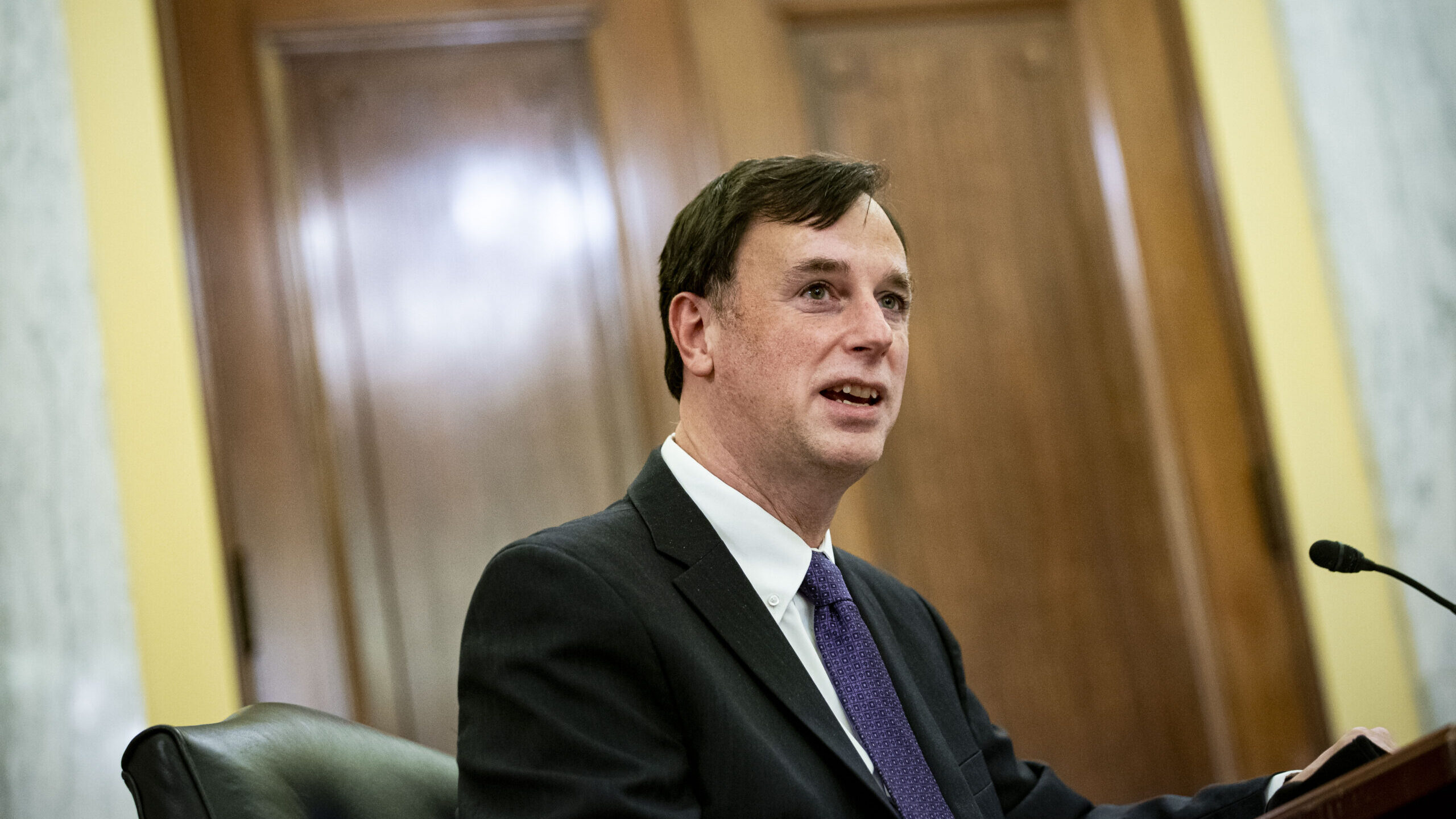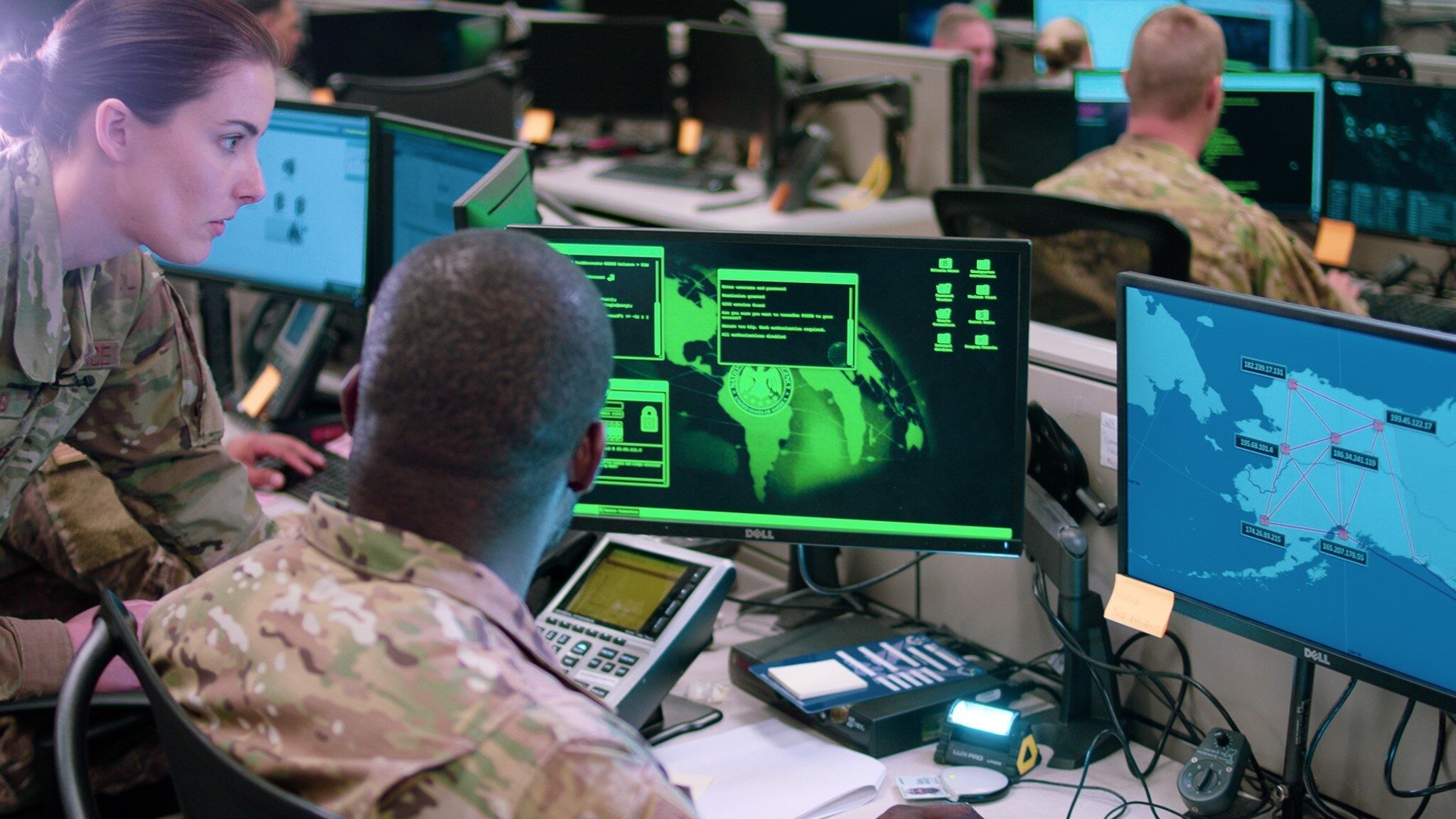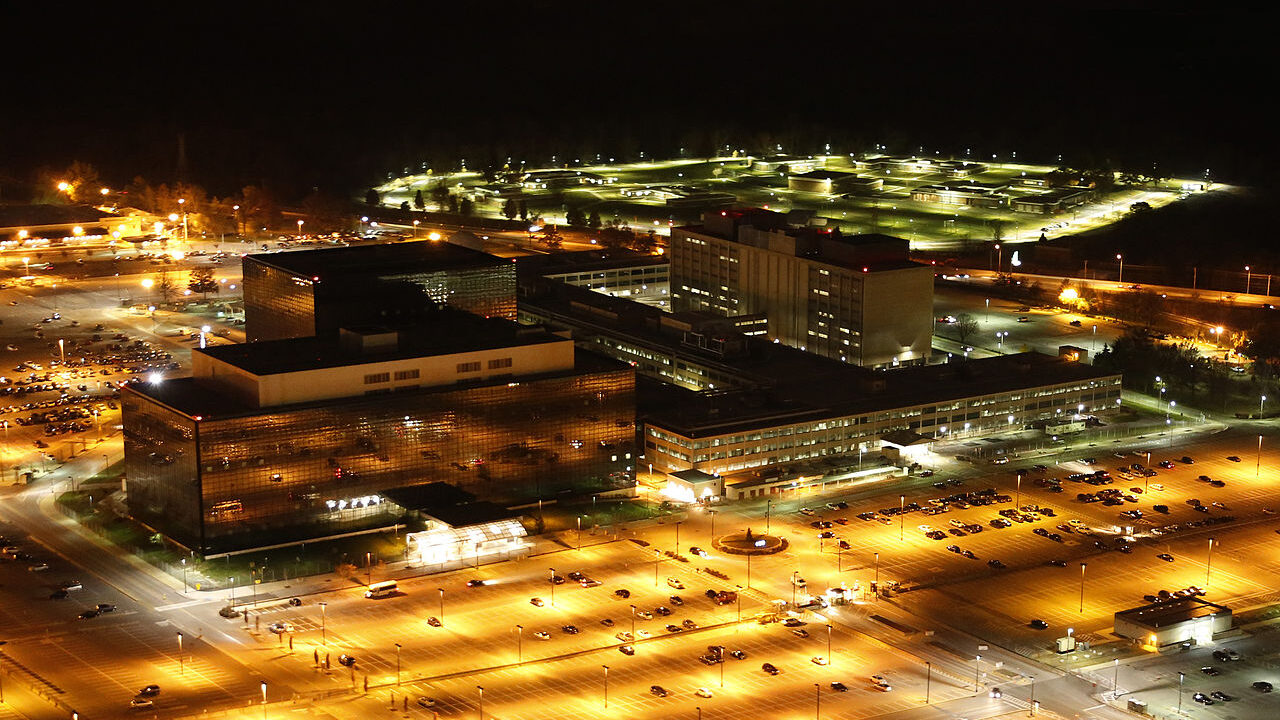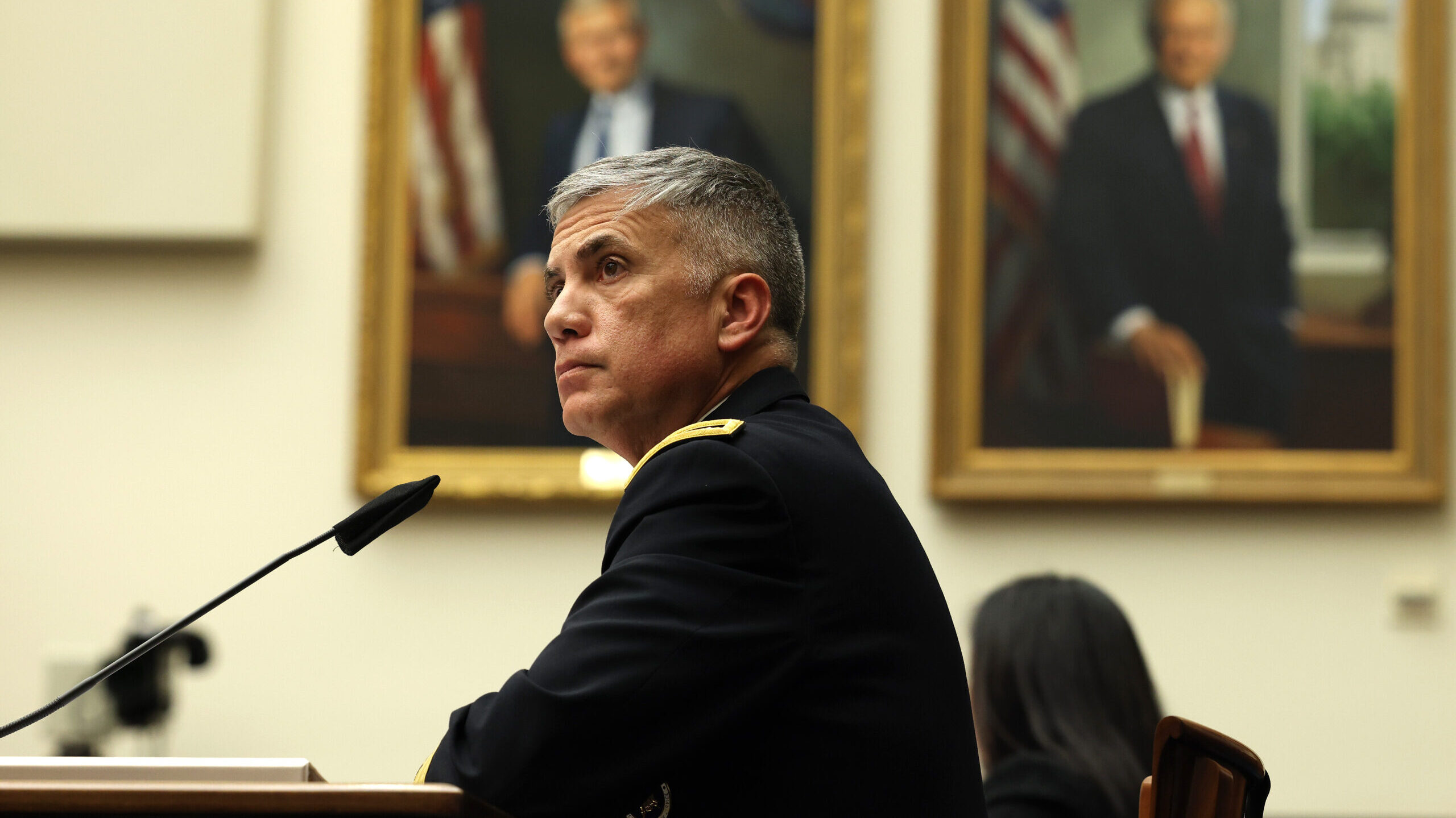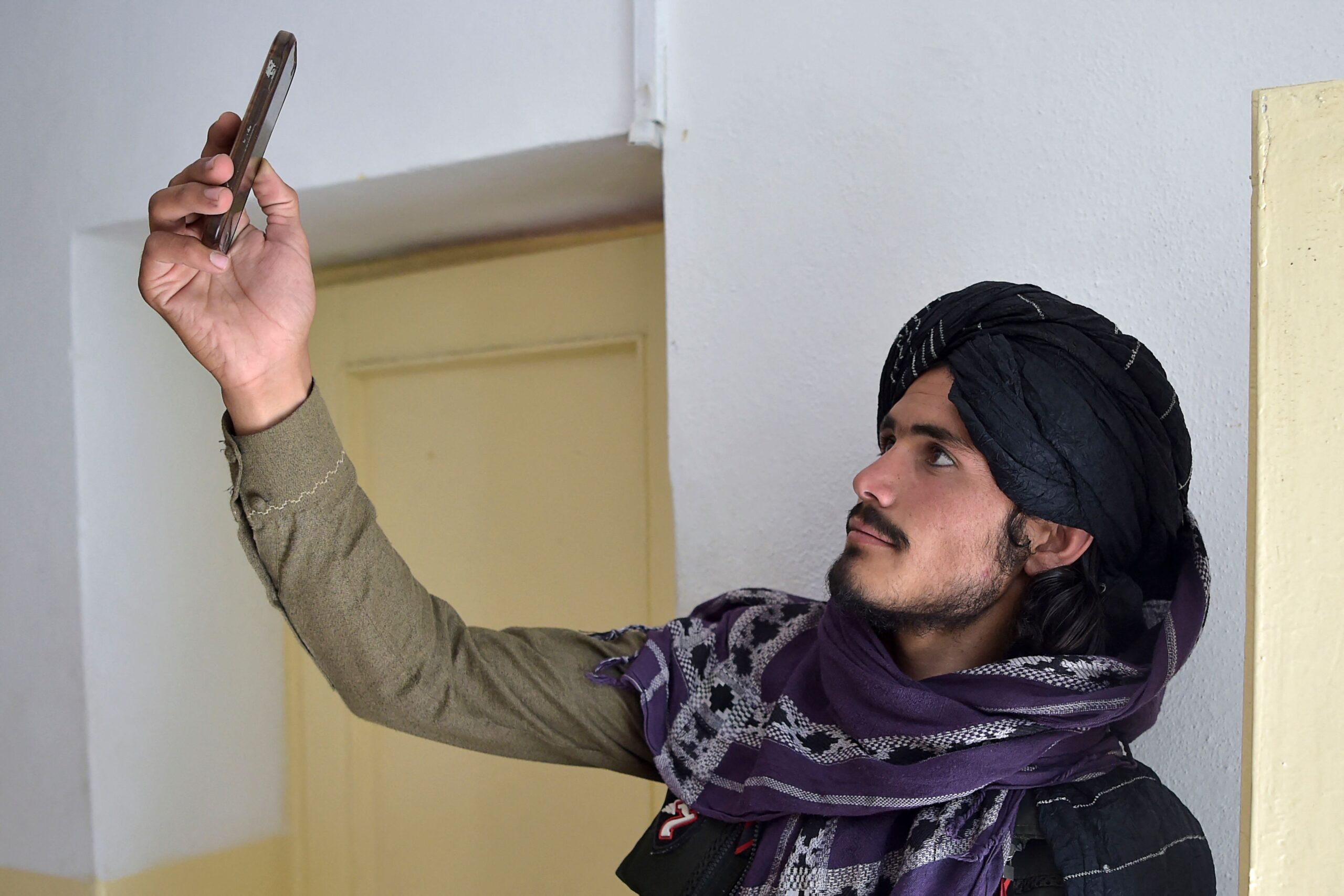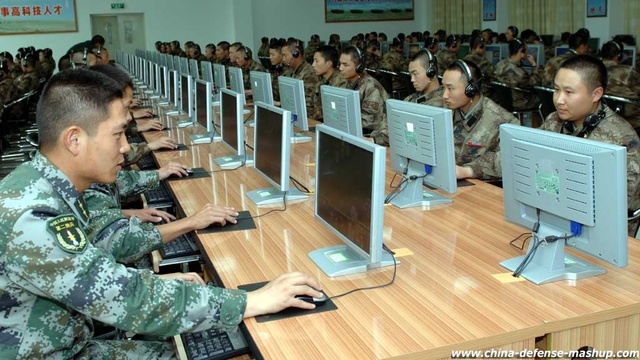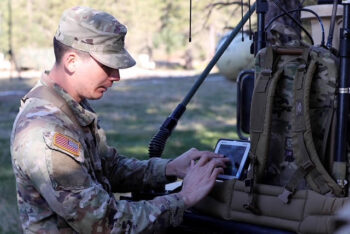

“It is important for organizations to use this information and take immediate action to secure data and mitigate any harm caused by these malicious cyber actors,” NSA Cybersecurity Director Dave Luber said in a press release.
By Carley Welch
“The PRC’s goal is developing capabilities to disrupt critical infrastructure in the event of a future conflict,” NSA Cybersecurity Director Rob Joyce told Breaking Defense in a statement.
By Sydney J. Freedberg Jr.
“You don’t want to be starting that planning the week before an invasion, when you’re starting to see the White House saying it’s coming,” said NSA’s Rob Joyce. “You want to be doing that now.”
By Sydney J. Freedberg Jr.
Modernizing cryptographic systems is a lot more complicated than a software patch or iOS update, and oftentimes unfunded, but is vital to securing the nation’s most important secrets.
By Breaking Defense
“Given the sensitivity of information widely available on unclassified [cleared contractor] networks, the FBI, NSA, and CISA anticipate that Russian state-sponsored cyber actors will continue to target CDCs for U.S. defense information in the near future.”
By Lee Ferran
VMware’s Tom Kellermann linked increasingly aggressive attacks to geopolitical tensions with Russia and Belarus.
By Brad D. Williams
Data protection solutions are key to the JADC2 goal of an interconnected tactical network that enables the sharing of sensor data among all military branches in every domain.
By Breaking Defense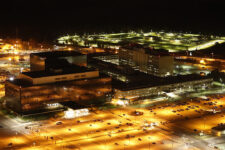
“In terms of weapons systems, we have computers on wings, at sea, and on land. We don’t think of [weapons systems] that way, but none of them work without computers,” NSA’s Joyce said.
By Brad D. Williams
“We aim to convey that, ‘Hello, we are from the government, and we’re here to help’ is not a scary idea,” the general joked, alluding to a famous quote by former President Reagan.
By Brad D. Williams
One senior official said he wants his agency to have the urgency about China the way the US had urgency about counterterrorism after 9/11.
By Brad D. Williams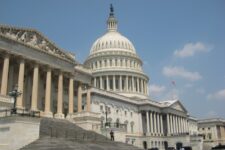
Notably, the committee chair’s markup calls for private sector engagement in developing new cyber threat sharing capabilities.
By Brad D. Williams
The Taliban now faces a decision: Ban the internet as the group did during its first rule, while hindering its propaganda windfall and other online activities, or leave the country’s networks intact, allowing an avenue for continued US electronic surveillance.
By Brad D. Williams
“The PRC’s pattern of irresponsible behavior in cyberspace is inconsistent with its stated objective of being seen as a responsible leader in the world,” a senior administration official said on Sunday night.
By Brad D. Williams
The Exchange campaign attribution will also provide hints about the role of the first national cyber director in such incidents. NSA veteran Chris Inglis was confirmed for the position just weeks ago.
By Brad D. Williams

















